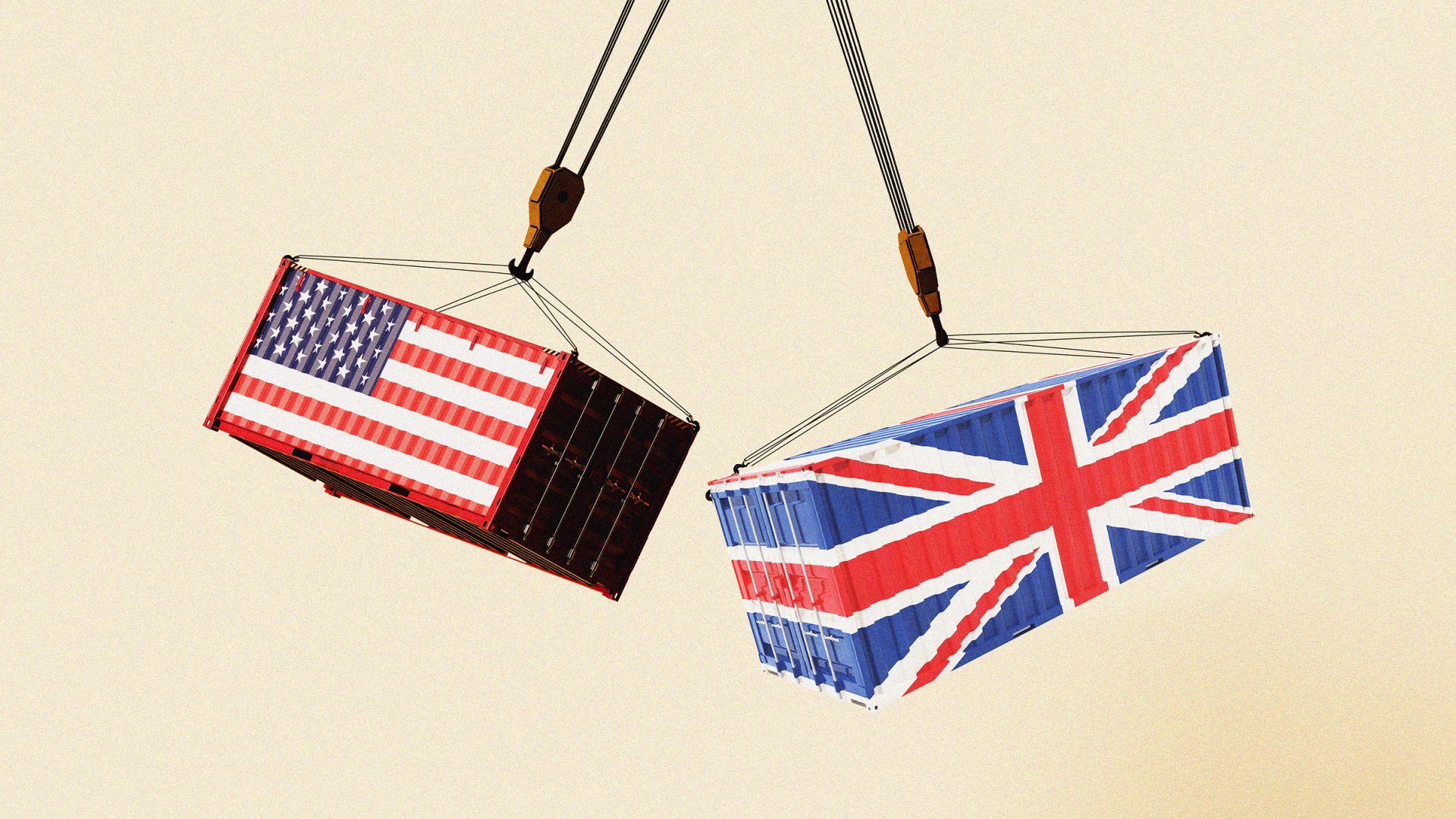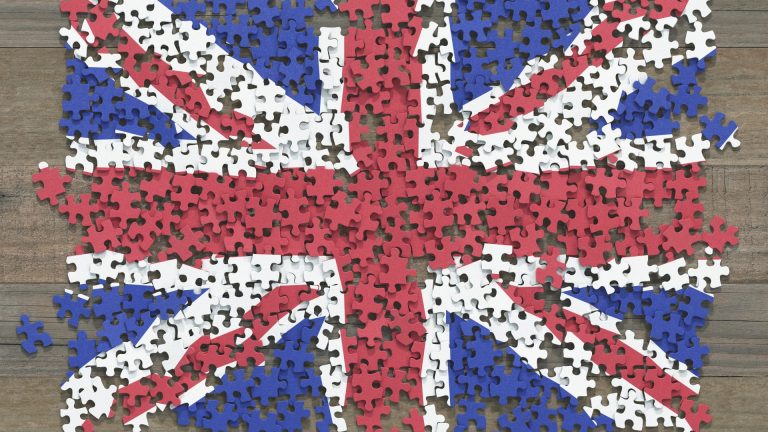There was no real reason for the UK to be the first country to agree a “deal” with Donald Trump to mitigate the damage of his erratic and devastating global tariffs. The UK is less affected than most countries, trades less in goods with America than others, and was exempted from many of the harshest measures.
Nonetheless, Keir Starmer reportedly found himself having to interrupt his plans to watch Wednesday’s Arsenal game because Donald Trump wanted to finalise and announce a deal the very next day – and he did.
The resulting agreement might lack detail, and fall far short of a ‘real’ trade deal, but it has genuine wins for British industry – particularly for the UK’s ailing steel sector, and for its automotive sector, both of which now have partial exemptions from Trump’s 25% tariffs.
The deal left opposition parties divided as to how to respond. Reform’s Richard Tice decided to hail the agreement as a “Brexit benefit”, while the Liberal Democrats decided to sit back and wait to see how things shook out. Opposition leader Kemi Badenoch blasted the deal as largely pointless because it doesn’t exempt the UK from Trump’s blanket 10% tariffs, even as her shadow business secretary welcomed it.
Labour has, with unusual comms savvy, been quite modest about the deal and what it achieves. It isn’t a comprehensive trade deal, and on paper, the US does better out of it than we do – versus a year ago, the UK will charge lower tariffs on American goods even as the USA charges higher tariffs on ours.
In a very real sense, Keir Starmer has caved to the bully and paid the Danegeld. But the UK is a relatively small economy that is no longer part of a major economic alliance like the EU. The dilemma facing Starmer was not whether he could get to a trading deal with America that was better than last year – it was whether he could get one that was better than the new status quo created by Trump’s global war on trade.
Against that low bar, Starmer has succeeded – and he has managed to do so at a relatively low cost. While the USA will be able to export 13,000 tonnes of beef to Britain, anything that has been hormone-fed (or otherwise doesn’t meet the UK’s existing high standards) is not welcome, and the UK can export 13,000 tonnes of beef in the other direction. As a result, the deal has been cautiously welcomed by farmers, who feared far worse.
Similarly, Trump’s team – who have regularly attacked the UK as some dystopia where free speech is dead – wanted to make scrapping the Digital Services Tax a condition of a US-UK deal, but they have failed. The DST survives, which is a significant loss for Elon Musk and the big tech MAGA faction.
The concessions Starmer has made are all ones that we can fairly easily live with, both practically and politically. Bigger players on the global stage, like China and the EU, can afford to fight back more robustly – and if they win, that should benefit everyone in the world. Smaller players that trade more with the US, like Canada, are forced to fight back, as they can’t afford to concede enough.
The UK’s deal is a reflection of our diminished role on the world stage. Starmer’s ability to land it is a result of acknowledging that. Perhaps that is a “Brexit benefit”, but if so, it’s quite a perverse one.
Looked at in another way, this deal is the antithesis of the Brexit attitude: it is plodding and solemn practicality and compromise over principle, being willing to hand Trump a win in order to save UK jobs and protect British industry.
Or, to coin a phrase, Starmer and his negotiating team have confirmed that a bad deal is almost always better than no deal.











